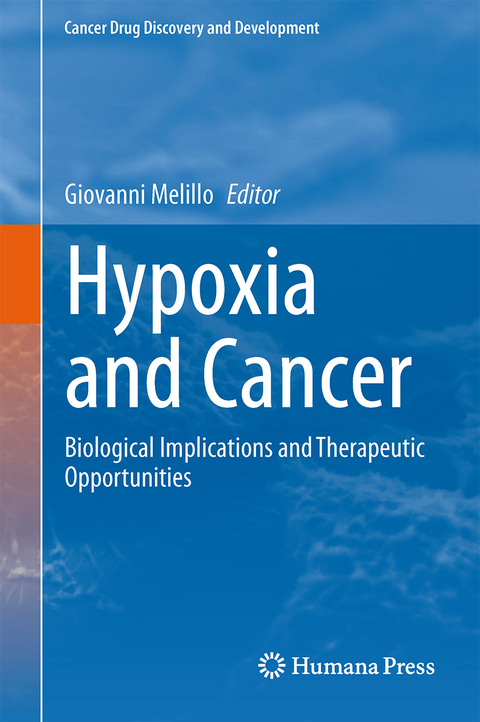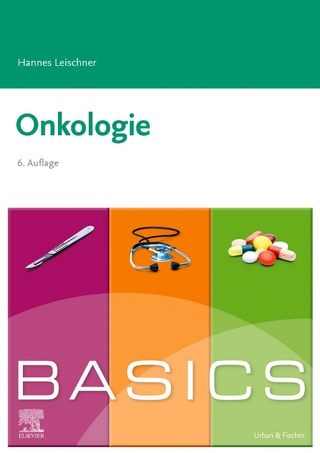
Hypoxia and Cancer
Springer-Verlag New York Inc.
978-1-4614-9166-8 (ISBN)
This volume will cover the latest research and translational aspects associated with intra-tumor hypoxia, along with opportunities for drug development offered by this unique feature of the tumor microenvironment. The ongoing efforts to translate our understanding of the biology underlying intra-tumor hypoxia in viable therapeutic options face many challenges, but this book will provide an opportunity for an in-depth analysis of the fundamental mechanisms implicated in the adaption to low oxygen levels and will scrutinize the potential for opportunities that are being pursued in both research and the drug development industry.
Dr. Giovanni Melillo is the Medical Director for the branch of Discovery Medicine at Bristol-Myers Squibb. Prior to his role at BMS, he was the Senior Investigator and Head of the Tumor Hypoxia Lab at the Developmental Therapeutics Program of the National Cancer Institute. He's been investigating hypoxia and its role in tumor progression for over 15 years. He's currently an Associate Editor for several journals, including Journal of Cancer Research and the Journal of Molecular Medicine. He also serves on the Editorial Board of several journals, including Cell Cycle and the Journal of Molecular Cancer, to name a few.
Preface.- Hypoxia and breast cancer metastasis.- Hypoxia and the DNA damage response.- Hypoxia and non-coding RNAs.- Hypoxia and ROS.- Hypoxia and gene expression.- Carbonic anhydrase IX: from biology to therapy.- Imaging the hypoxic tumor microenvironment in preclinical models.- Clinical imaging of hypoxia.- Hypoxia, antiangiogenic therapy and metastasis.- UPR and therapeutic opportunities.- Targeting the hypoxic phenotype.- Marianne Nordsmark: Hypoxia and Radiation therapy.- Pharmacological strategies targeting hypoxia.- Targeting the hypoxic tumor microenvironment.- Clinical exploitation of hypoxia.- Index.
| Reihe/Serie | Cancer Drug Discovery and Development |
|---|---|
| Zusatzinfo | 36 Illustrations, color; 17 Illustrations, black and white; XIV, 363 p. 53 illus., 36 illus. in color. |
| Verlagsort | New York, NY |
| Sprache | englisch |
| Maße | 155 x 235 mm |
| Themenwelt | Medizin / Pharmazie ► Medizinische Fachgebiete ► Onkologie |
| Medizin / Pharmazie ► Medizinische Fachgebiete ► Pharmakologie / Pharmakotherapie | |
| Medizin / Pharmazie ► Studium | |
| Naturwissenschaften ► Biologie ► Genetik / Molekularbiologie | |
| ISBN-10 | 1-4614-9166-5 / 1461491665 |
| ISBN-13 | 978-1-4614-9166-8 / 9781461491668 |
| Zustand | Neuware |
| Haben Sie eine Frage zum Produkt? |
aus dem Bereich


